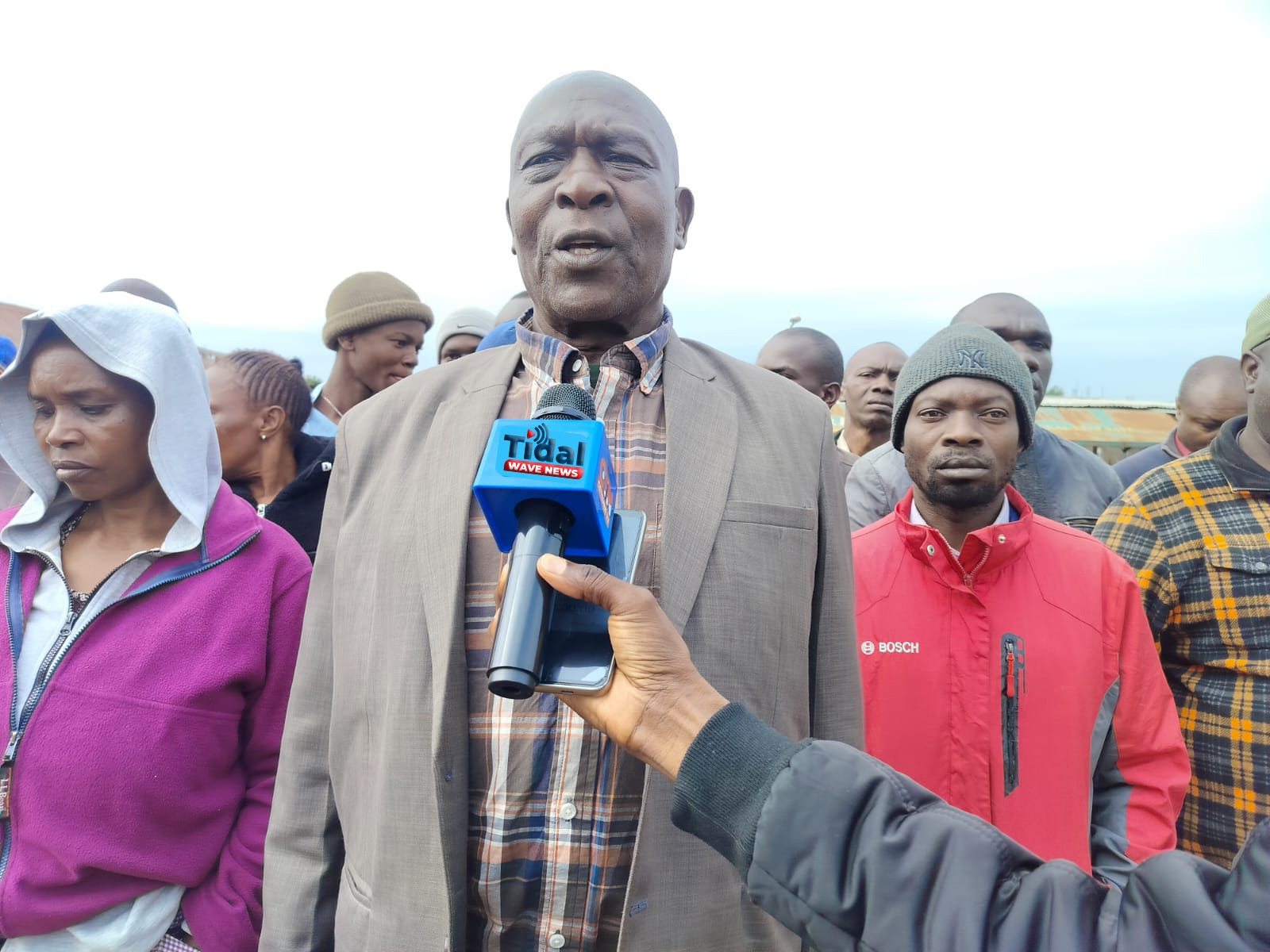
By Arnold Ageta
A Kenyan citizen has sued an American multinational pharmaceutical, biotechnology, and medical technologies corporation over a dangerous, cancer-causing product.
Frederick Bikeri Ochoki is seeking court intervention regarding Johnson & Johnson’s Baby Powder, which is being sold, supplied, and distributed to Kenyan consumers without proper warnings.
In his petition, certified as urgent by the Milimani Law Court, through his legal team, Elkana Mogaka and Associates Advocates, Mr. Ochoki claims that the talc-based baby powder sold by Johnson & Johnson Services Inc. (1st Respondent), Johnson & Johnson (Pty) Ltd (2nd Respondent), and Johnson & Johnson K Ltd (3rd Respondent), contains asbestos, according to tests conducted by the American Food and Drug Administration.
He further reveals that the same company (Johnson & Johnson Services Inc.) is facing other lawsuits in the U.S. and had announced it would cease production of the Johnson & Johnson Baby Powder worldwide by 2023.
“This came after a series of damaging and prejudicial judgments were entered against the 1st Respondent in the United States, beginning in 2018,” states the petition. “On August 11, 2022, the 1st, 2nd, and 3rd Respondents announced on their website that they would stop selling their much-maligned talc-based Johnson & Johnson Baby Powder.”
According to the petition, Mr. Ochoki claims that a series of lawsuits revealed that Johnson & Johnson’s talc-based baby powder causes cancer, particularly ovarian cancer.
Based on previous litigation, the 1st Respondent had known about the presence of asbestos in Johnson & Johnson Baby Powder for decades but failed to take the necessary actions to warn the public. This failure is the reason for the punitive damages imposed on the Respondent.
“After these damaging court judgments, the 1st Respondent decided to withdraw its talc-based baby powder from the American, Canadian, and international markets,” the petition reads.
The petition further states that, following these judgments, various jurisdictions in Europe, Asia, and Africa moved swiftly to ban the importation, manufacture, sale, and distribution of the product in their regions, pending further scientific testing.
Mr. Ochoki argues that, despite the announced withdrawal of the product in 2023, talc-based baby powder is still being sold in Kenya.
He blames the Kenyan government for failing to impose sanctions against the company, allowing the 1st, 2nd, and 3rd Respondents to continue trading in the talc-based baby powder without any restrictions.
“Now, new research by the World Health Organization (WHO) has revealed that even asbestos-free talcum powder is potentially carcinogenic and can cause ovarian cancer,” Ochoki argues. “This recent discovery is not novel; it validates decades of research showing that the product sold and manufactured by the 1st, 2nd, and 3rd Respondents indeed causes ovarian cancer.”
The petition notes that the WHO has now given the talc-based baby powder the second-highest assessment level, indicating that it can cause cancer.
“Based on this fact, talc-based baby powder should be immediately recalled from the Kenyan market and removed from shelves and marketplaces,” Ochoki demands.
He further asks the court to direct the 4th Respondent (Kenya Bureau of Standards), 5th Respondent (Public Health Standards Board), and 6th Respondent (Cabinet Secretary, Ministry of Health) to conduct more comprehensive research and investigations into the WHO’s findings to validate the discovery.
“In the meantime, the product should be withdrawn from the Kenyan market to protect consumers from a potentially carcinogenic substance,” the petition reads.
According to evidence seen by Tidal Wave News, the product is still being sold to unsuspecting Kenyan consumers, putting their health at risk.
“The harm that Kenyans would suffer if they contract ovarian cancer from the talc-based baby powder is significant, especially considering the high cost of cancer treatment in Kenya,” says Ochoki.
The petition was presented before Justice Bahati Mwamuye of the Milimani Law Courts on September 30, 2024. The parties were ordered to appear virtually on October 4, 2024.



